
by Gideon Marcus
Surf's up!
My daughter and I are dyed-in-the-wool beach lovers. We live just 10 miles from the shore, and now that Highway 78 is a real two-lane throughway, it's a snap to head down to Carlsbad for a jump in the waves. I'm not a real surfer, mind you. Water terrifies me. But every year, I muster enough courage to try body surfing and belly boarding, and after the first wipe-out or two, it's "Cowabunga!" and fun for the rest of the afternoon.

We came back from our latest coastal excursion to pick up a viewing of The Endless Summer, a documentary of two Malibutians as they traveled around the world in pursuit of the perfect wave (which they find in the most improbable of places!) It's a great film, and highly recommended.

Hang Ten
I was in for a pleasant surprise when I got home. According to Mike Moorcock, summer is when sf mags publish their worst stuff since readership is at its lowest. I wasn't looking forward to this month's issue of Fantasy and Science Fiction, but aside from one dud, it actually turned out to be quite a decent book.

by Gray Morrow
The Productions of Time (Part 1 of 2), by John Brunner
Murray, a sauced-up actor on the wagon, is hired for a most unorthodox production by a most unorthodox producer, name of Delgado. Murray is sequestered in a country inn with a number of other talented but problematic performers. One has a heroin addiction. Two are homosexuals. One has a pornography habit. Moreover, all of them have their weaknesses tempted: our hero keeps finding booze in his room (he angrily calls for its removal), the addict discovers a two ounce flask of horse in his, the obscenity-junky is well-supplied in copies of Fanny Hill and the like, etc.
Things get even weirder when Murray discovers that all of the beds in the inn are wired with tape recorders. When confronted, a testy Delgado says they're for hypno-learning, but the recorders don't have speakers! The televisions are also strangely equipped with extra electronics, and they are wired to a central control system in a locked room.
The producer's eccentricities and the cast's friction notwithstanding, the troupe manage to put together a pretty good impromptu show. Whereupon Delgado denigrates Murray's perfect performance and demands the whole thing be scrapped. Is it part of his technique? Or is the play never meant to be completed, part of a larger experiment.
This story feels very Leiberian, perhaps because of the subject matter. It was slow to engage, but by the end, I was sorely disappointed that I'd have to wait a month to read the resolution.
Four stars thus far.

by Gahan Wilson
Matog, by Joan Patricia Basch
A contemporary of Paracelsus is retained by a local Baron to summon a demon. He succeeds but is unaware of the deed as the fiend appears behind him. For the duration of the creature's captivity on our plane, he is kept company by the summoner's charming young daughter, who has fallen for the Baron's son.
What ensues is an all's-well-that-ends-well tale involving a much-put-upon demon, whose reputation for evil and mischief is largely human ascribed (though not entirely), a thwarted romance, and a surprisingly effective set of veterinary medicines.
Fun fluff in a pleasantly archaic style. Three stars.

by Ed Emshwiller
The Seven Wonders of the Universe, by Mose Mallette
Humans pierce the boundary between universes and find themselves in need of a travel brochure to encourage tourism. This is that brochure.
One of the dumbest non-fact articles I've yet read and too obsessed with sex. One star.
For the Love of Barbara Allen, by Robert E. Howard
This hitherto unpublished story is perhaps the last composed by the Conan creator before he killed himself. It involves time travel, the Civil War, and enduring love. Pleasant enough, though more interesting for the circumstances around its creation than its content.
Three stars.
Meteroid Collision, by Theodore L. Thomas
Thomas suggests in this science fact vignette that micrometeoroids be used to power spacecraft. They'd hit a piezoelectric hull that would harness their intense energies.
Cute, but 1) I suspect the efficiency would be very low, and 2) there just aren't that many micrometeoroids. Solar cells are cheaper, lighter, and work all the time.
Think harder, Ted. Two stars.
Letter to a Tyrant King, by Bill Butler
Cute doggerel composed at the end of the Cretaceous, one dinosaur to another. Three stars.
A Matter of Organization, by Frank Bequaert
A cog in the corporate machine ends up in a Hell that is all too familiar. Can his cunning and bureaucratic prowess keep him from eternal torment?
A nice twist on the classic formula. Three stars.
Near Thing, by Robin Scott
Expansionist aliens call off an impending invasion of Earth after encountering smog.
Silly, overdone, and eminently forgettable. Two stars.
BB or Not BB, That Is the Question, by Isaac Asimov
I've been waiting for a good piece comparing the Steady State and Big Bang theories of cosmology, and The Good Doctor has delivered. One of the best articles of the year from any source.
Five stars.
Come Lady Death, by Peter S. Beagle
Bookending this issue with quality is the first story I've read by Mr. Beagle (apparently a reprint from 1963). A wizened socialite decides her swansong party shall include an invitation to Death. The encounter is unusual in many ways.
I shan't spoil the plot as this lovely piece is worth reading. Suffice it to say that the author has a light, compelling style, and I look forward to more fantastic works by him.
Four stars.
Back to Shore
That was pleasant. Sure, there was a lot of mediocrity 'round the middle, but the take-off and landing were quite nice. And there's every indication that next month's reading will be excellent: it will feature the second half of the Brunner novel and a new The People story by Zenna Henderson!
Here's to a nice long summer.


![[July 20, 1966] An Endless Summer (August 1966 <i>Fantasy and Science Fiction</i>)](https://galacticjourney.org/wp-content/uploads/2021/07/660720cover-672x372.jpg)

![[July 2, 1966] The Big Thud (August 1966 <i>IF</i>)](https://galacticjourney.org/wp-content/uploads/2021/06/IF-1966-08-Cover-644x372.jpg)



![[May 31, 1966] Worth Remembering (June 1966 <i>Analog</i>)](https://galacticjourney.org/wp-content/uploads/2021/05/660531cover-672x372.jpg)

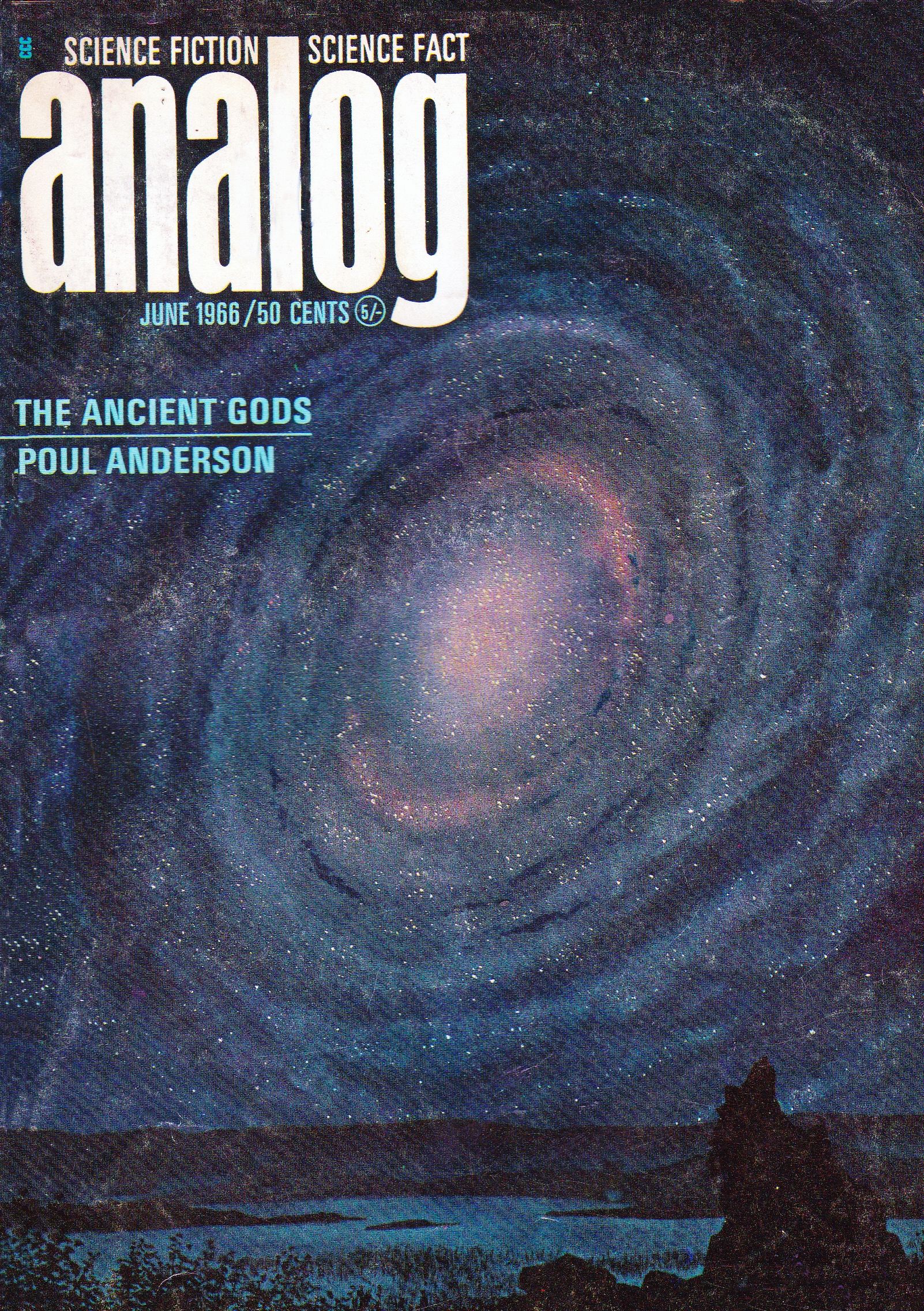
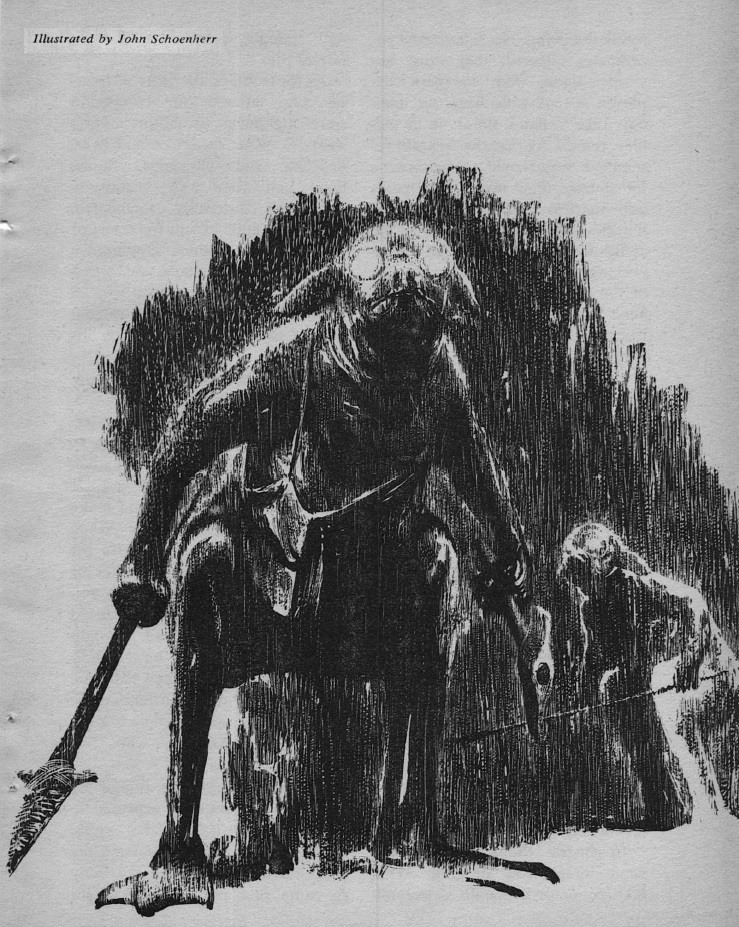
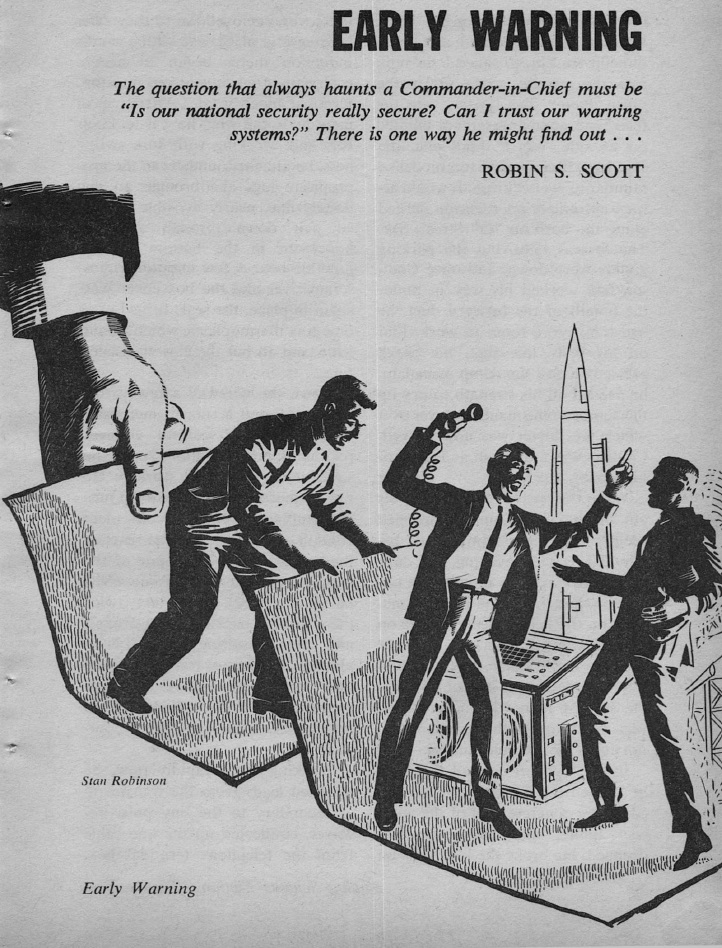
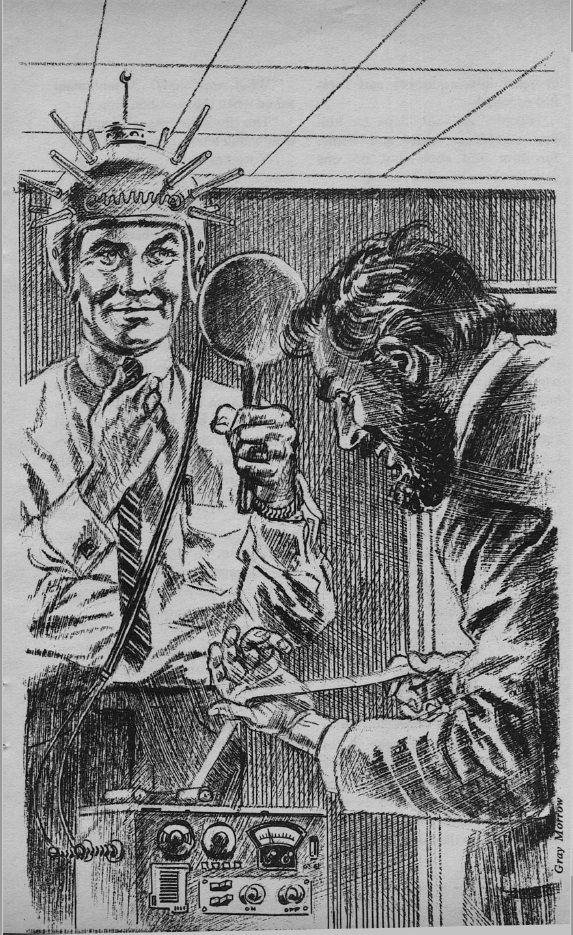
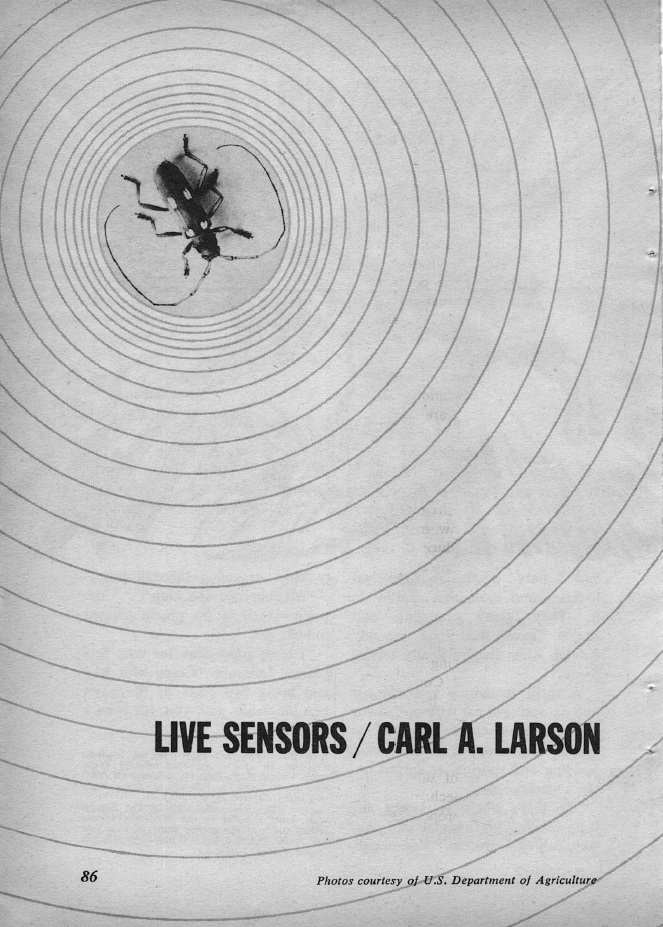




![[March 31, 1966] Shapes of Things (April 1966 <i>Analog</i>)](https://galacticjourney.org/wp-content/uploads/2021/03/660331cover-500x372.jpg)


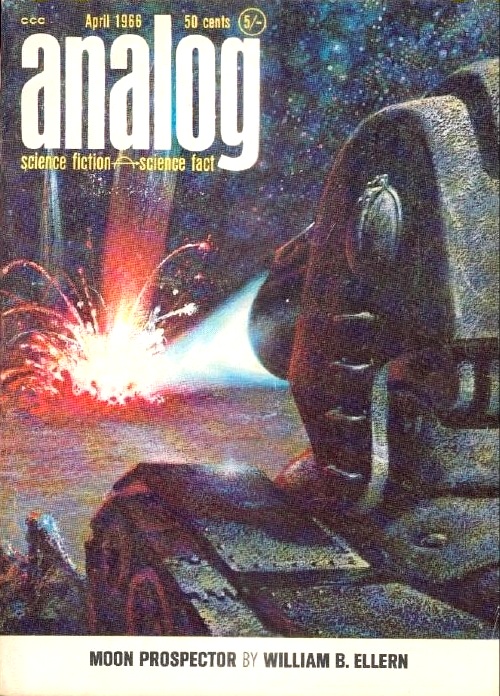

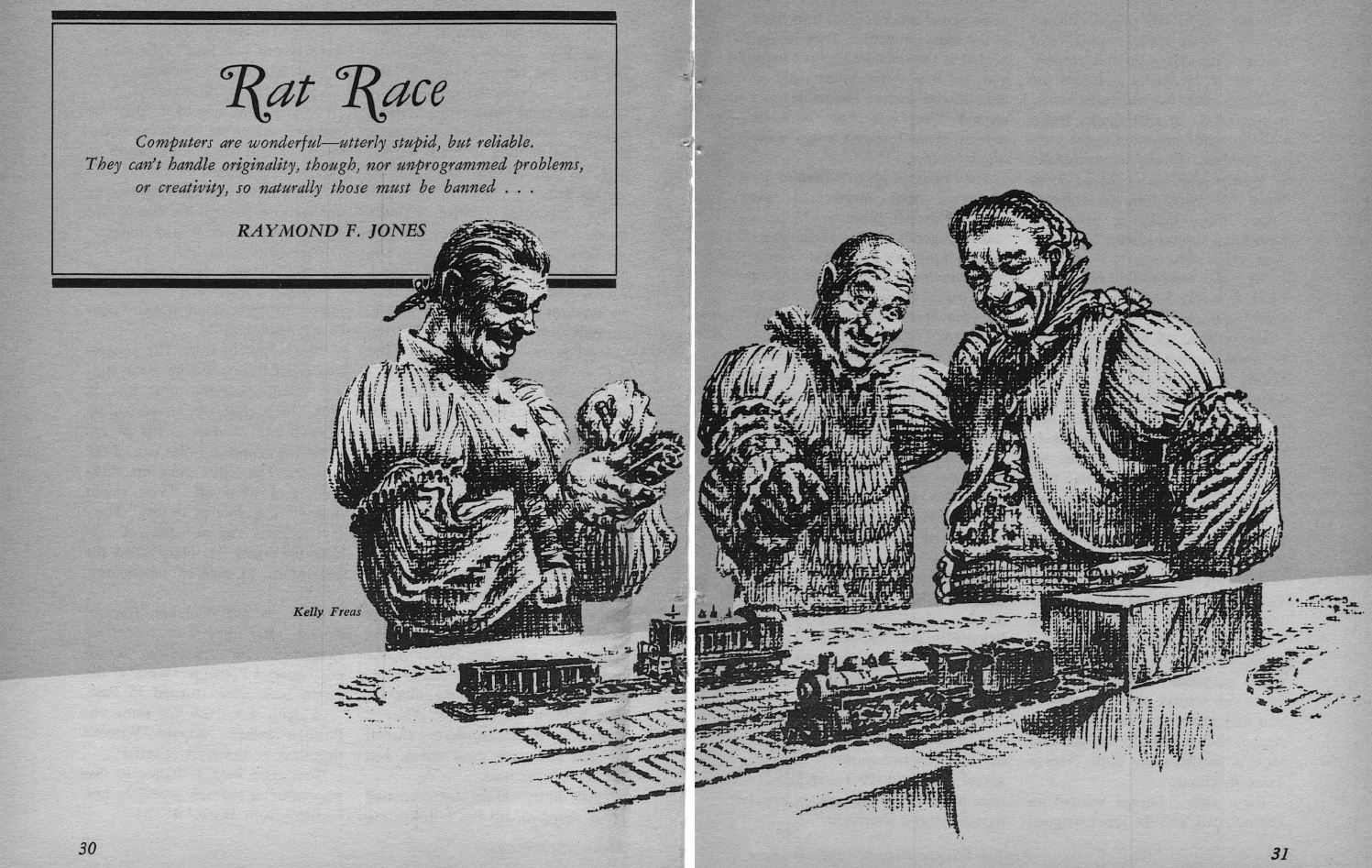


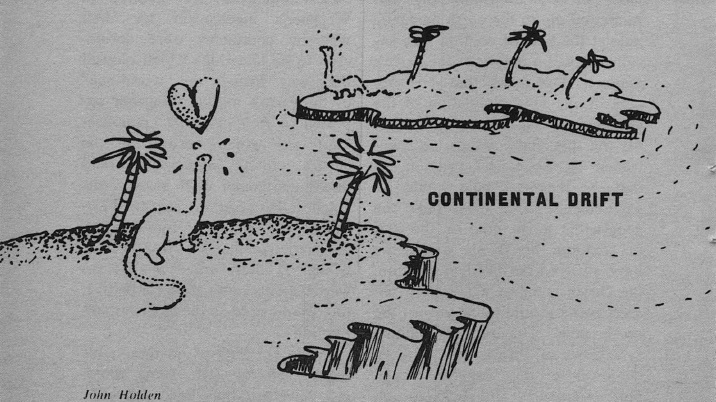

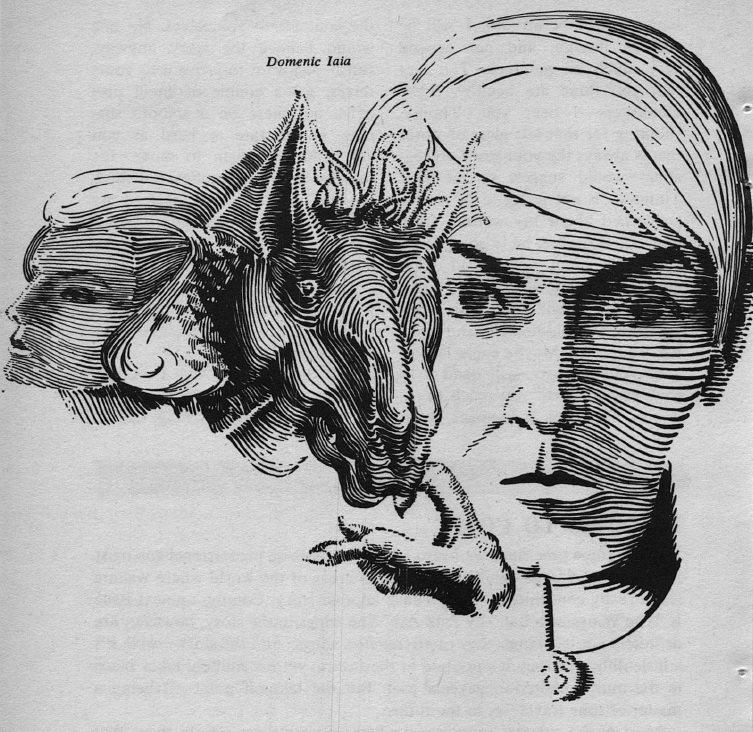



![[April 22, 1965] Cracker Jack issue (May 1965 <i>Fantasy and Science Fiction</i>)](https://galacticjourney.org/wp-content/uploads/2020/04/650422cover-575x372.jpg)




